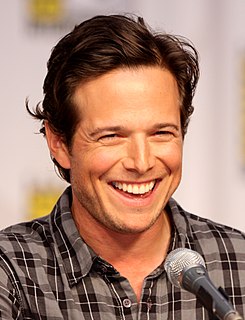Цитата Эдварда Дмитрика
Я считал, что меня вынуждают пожертвовать семьей и карьерой в защиту коммунистической партии, от которой я давно отделился и к которой я привык не любить и не доверять ей.
Связанные цитаты
Если бы соборы были университетами Если бы подземелья инквизиции были лабораториями Если бы христиане верили в характер, а не вероисповедание Если бы они брали из Библии только ХОРОШЕЕ и отбрасывали злое и нелепое Если бы купола храмов были обсерваториями Если бы священники были философами Если бы миссионеры учили полезным искусствам вместо библейских знаний Если бы астрология была астрономией Если бы черные искусства были химией Если бы суеверие было наукой Если бы религия была человечеством Мир тогда был бы раем, наполненным любовью, свободой и радостью
Я очень сильно чувствую, что нахожусь под влиянием вещей или вопросов, которые мои родители, бабушки и дедушки и более далекие предки оставили незавершенными и без ответа. Часто кажется, что в семье есть безличная карма, которая передается от родителей к детям. Мне всегда казалось, что я должен отвечать на вопросы, которые судьба задавала моим предкам и на которые еще не было ответа, или что я должен был завершить или, может быть, продолжить то, что прежние века оставили незавершенными.
Я видел христиан в коммунистических тюрьмах с пятидесятифунтовыми цепями на ногах, пытаемых раскаленными железными кочергами, которым в горло набивали ложки соли, которых потом держали без воды, голодали, пороли, страдали от холода - и молились. со страстью к коммунистам. Это по-человечески необъяснимо! Это любовь Христа, которая излилась в наши сердца.
Мой отец руководил кинокомпанией London Films. Он снял такие фильмы, как «Красные башмаки», «Третий мужчина». И у него была долгая карьера в кинобизнесе, которая раздвоилась с карьерой в разведке. Ему приходилось иметь дело с гангстерами, и иногда он брал меня с собой. Кроме того, я ходил в школу со своими детьми.






































